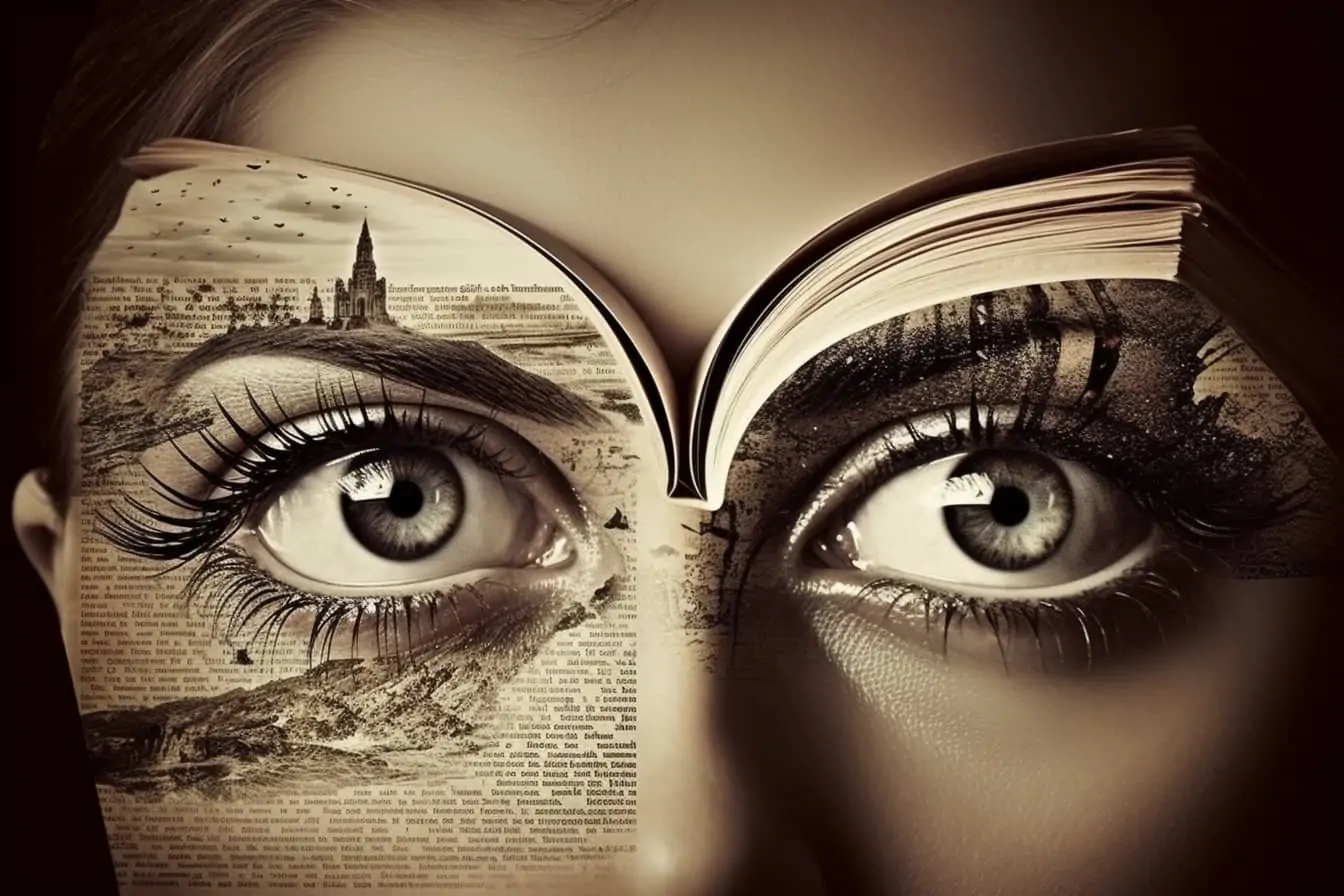I consider the recent study by the University College of London an excellent starting point for reflection which, in essence, says a very simple thing. Which? Our ability to distinguish fact from fiction is much, much poorer than it might seem.
And the more vividly we can imagine something, the more we convince ourselves that it is real. This, at the dawn of an era that will be dominated by generative artificial intelligence and deepfakes, requires reasoning.
An experiment to confuse the mind
To arrive at these conclusions posted on Nature Communications. (I'll link them here), researchers engaged more than 600 participants in an online experiment. During the test, the volunteers had to imagine images of alternating black and white lines as they looked at a screen. Next, they had to report how vividly they were able to visualize the images.
Without the participants' knowledge, at the end of the experiment the researchers introduced a real image on the screen with the same characteristics as the imagined one, slowly blurring it.
The volunteers then had to rate how vivid the image was and say whether what they saw was reality or fiction.

The results
In the minds of the participants the imagined and perceived images mixed. For example, when the real image appeared on the screen, the volunteers thought that their imagination had become sharper. In contrast, when they imagined more vividly, they believed they saw a real image even when it had not been shown to them.

The doctor Nadine Dijkstra, lead author of the study, reminds us that our minds often imagine things that don't exist. And this research has shown that imagination and perception are based on similar brain circuits: accessing a "warehouse" of memory and increasingly constructed images will certainly not improve the picture.
So how can we be sure of what is real and what is fictional?
To answer this question, the team of researchers used a computer model to determine whether the pattern of results was consistent with the theory that people judge whether something is real or imagined based on how vividly they perceive it.
They then validated the model with neuroimaging, demonstrating that the brain encodes the vividness of real and imagined stimuli in similar ways, creating confusion between reality and imagination.
According to Dijkstra, “the findings suggest that, counterintuitively, there is no categorical difference between imagination and reality; rather, it is a difference of degree, not kind.” In other words, if the imagination becomes strong or vivid enough, it is treated as real.
In summary?
Total confusion. Which raises the question: are we equipped to withstand the impact of a world in which 90% of content will be generated by artificial intelligence? Or will the battle shift (and we'll talk about it at length in the coming years) to the "management of fiction"?



